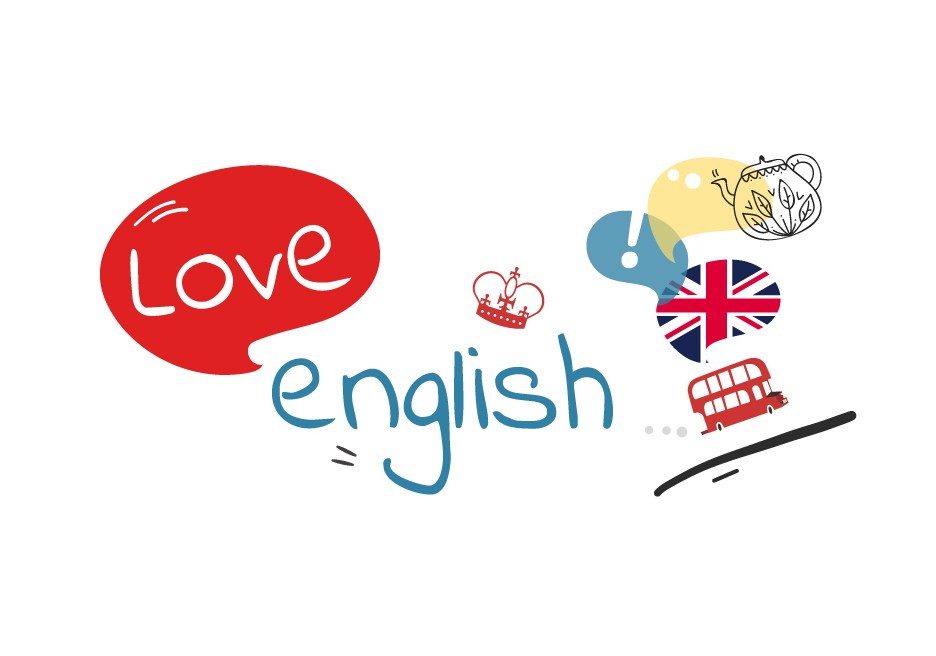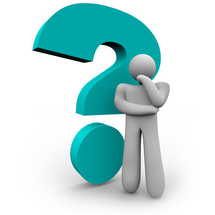1.Myths and Heroes



What is a myth?
A myth is a well-known story which was made up in the past to explain natural events or to justify religious beliefs or social customs. There may not be records or other proof that they happened, but at least some parts of myths may be true. All cultures have myths.
What is a hero?
A hero is someone who is admired for either for their courage, qualities or particular achievements. They can be regarded as an ideal or role model. A hero can also be someone that you know personally and that you look up to, usually because of a particular quality or skill that they have.
What can we talk about to illustrate this notion?
- a patriotic or national hero (sportsman, politician, human rights defender)
- a fictitious hero (superhero or film star)
- an icon or role model (fashion, tv, music)
- a historical personality
- mythical places in the world
Ideas for topics:
- Historical heroes : how did they pave the way for others?
- Rags to riches stories : Richard Branson, Steve Jobs, JK Rowling…
- Disgraced heroes in sport :Oscar Pistorius, Lance Armstrong…
- Founding myths of the United States (Pilgrim Fathers, the Constitution, Thanksgiving)
- The American Dream – stories about those how have succeeded but also reasons to believe that it is simply a myth : the American Dream is dead
- Heroes or fallen heroes of the Vietnam War that are portrayed in American films (Platoon, Born on the 4th July, Apocalypse Now, Full Metal Jacket)
- National leaders or political figures who can be considered as heroes: Queen Elizabeth II, Obama, Mandela, Rosa Parks, Martin Luther King, Malala Yousafzi …..
- American movies : superheroes such as Superman or Captain America and their role in society: why do Americans love superheroes?
- Reality TV stars – are they the new heroes?
- Famous British film characters: Sherlock Holmes, James Bond
- British heroes or heroines: Churchill, Florence Nightingale, Stephen Hawking
- The heroes of Irish independance
- British myths and legends: Robin Hood, King Arthur, the Loch Ness Monster
2. Spaces and Exchanges


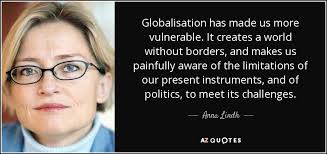
Our modern world is built on the exploration and the conquest of new spaces. Nations are becoming more and more dependant on each other and our world seems geographically smaller then ever before thanks to improved transportation and communication systems. Throughout history trade, emigration, communication and conquest have brought about numerous cultural, political and economical exchanges across the world
What can we talk about to illustrate this notion?
- Trade exchanges across borders
- Globalisation
- Immigration
- Language and educational exchanges
- Cultural exchanges (arts, media, fashion, music)
- International communication
- Internet and social networks
Ideas for topics:
- The Brexit – how will it affect Europe and trade across borders?
- New technologies and internet and their influence on world trade
- Globalisation – McDonalds/Starbucks/Amazon/Apple (to name but a few!)
- The US-Mexican border issue
- The Cold War
- Space exploration (Satellites/ Life on Mars/ Missions to the Moon
- The brain drain: the emigration of talented/highly educated individuals from developing countries to seek a higher standard of living elsewhere (doctors and scientists leaving India for example)
- Northern Ireland (history of the country and it’s relationship with Ireland, and more recently the « backstop » in the Brexit deal)
- Immigration to the USA (Ellis Island, colonial period, Trump’s policies…)
- Culture shock
- South Africa (immigration history)
- Canada (labour shortage and need for immigrants)
- The Commonwealth (the role of the Queen and the link between the different Commonwealth countries)
3. The Idea of Progress
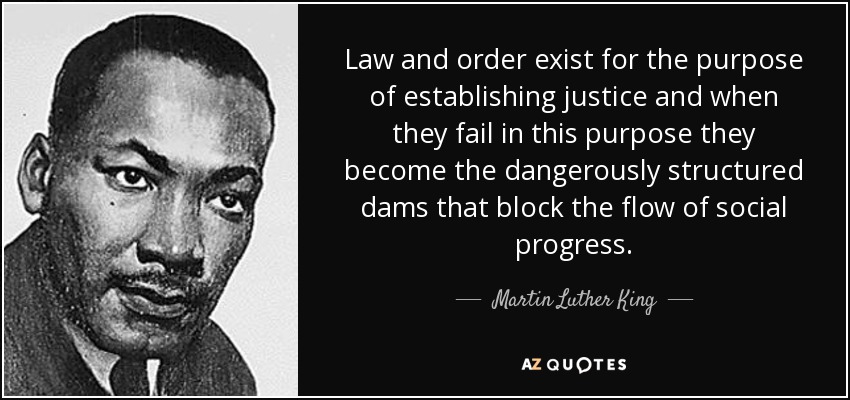
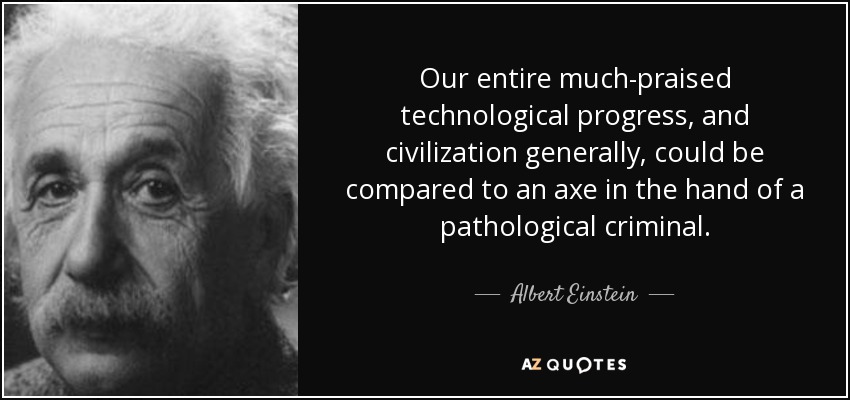
This notion can be defined as an improvement, a development or a change in technology, science and social organisation which bring about a positive change to our society. These advances help improve our daily lives and give us a better quality of life. Social progress, scientific progress and economic development are usually considered as having a positive effect on our society however there are some cases where this change can have a negative effect too. Very often progress is also accompanied by opposition because society isn’t comfortable with the changes being made (same sex marriage, women’s rights, minority rights for example).
What can we talk about to illustrate this notion?
- Scientific Progress such as medical advances, cures for illnesses, cloning, performance-enhancing drugs, genetically modified organisms.
- Technological Progress such as technologies to slow down climate change: hybrid cars, wind turbines, solar panels, biofuel
- New forms of communication: the internet, social media, satellite
- Social Progress: changes that affect the social and environmental needs of a society. This can include wellness (health, shelter and sanitation), equality, inclusion, sustainability and personal freedom and safety.
Ideas for topics:
- Designer babies – the ethical considerations
- Internet and social networks – improvement to international communications
- Cyberbullying and cyber criminality
- Suffragettes – the right for women to vote
- The civil rights movement in the USA
- Same-sex marriage and the redefinition of family values
- Equal access to education for girls and women
- The end to apartheid in South Africa
- New techologies to produce energy and protect the environment
- The effects of industrial progress on the environment (greenhouse effect, melting ice caps, rising of ocean levels, ocean temperature increase
- New methods for predicting severe weather (tsunami, tornado, storm warnings) that save thousands of lives
- Journalism and internet and the problem of fake news
- Progress in India: is it a modern country?
- Online shopping: the pros and cons (increase in the offer of goods but decrease in the number of shops in towns and cities)
- Equality: the same rights for women and men (salaries, number of women in influential positions)
4. Places and forms of power (or seats and forms of power)
In politics and social science, power is the ability to influence people’s behaviour. In order to be able to live together, members of a community draw up rules, regulations and law and try to respect them. This helps to create social cohesion but can also lead to conflicts and tensions when certain members of the community disagree with these rules. This notion deals with the different forms of power in the world and the places where it is exerted. It also includes the counter powers and the struggles when people try to resist.
What can we talk about to illustrate this notion?
- Civil rights movements across the world
- Financial power
- The power of the press
- The different places where power is exerted (parliaments, palaces, White House, Downing Street…)
- Resistance to power (uprisings, riots, demonstrations)
- The struggle for equality
- The power of language
- The power of the arts/cinema
Ideas for topics:
- The Gun control debate in the USA – the US Constitution
- Social media and the internet – the influence on our lives
- Ellis Island – how immigration was controlled in the USA
- The Brexit – how the media were able to influence the voting process
- The superpowers: how can these countries influence events across the world
- President Trump and his environmental policies
- Wall Street and the 2008 financial crisis
- Love of power – people who have made a name for themselves in history: Obama, Churchill, Kennedy, Mandela
- The influence of Queen Elizabeth II and the role of the Monarchy
- Violence in cinema/ video games: can it encourage people to be violent?
- The different scandals in the media: how it can affect people’s lives
- The power of art: Banksy – how his works bring our attention to a different side of the truth
